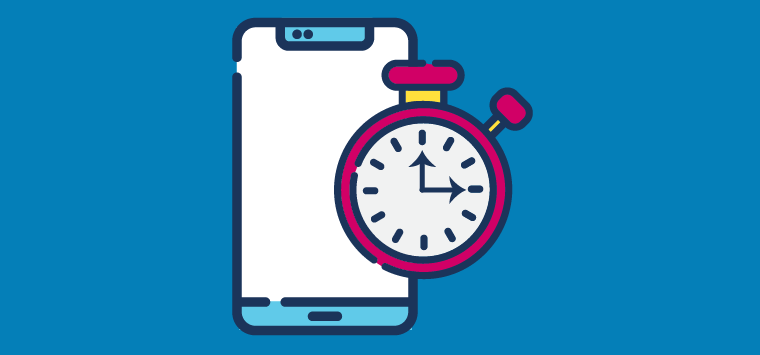The Essentials of Predictive Scheduling for Your Business and Employees
Understand the Chicago Fair Workweek Ordinance and what it means for your cleaning or security business.
The Chicago Fair Workweek Ordinance goes into effect July 1, 2020. The ordinance guarantees many employees who work within the city of Chicago in seven industries have predictable work schedules so they can reasonably plan their income and lives. The seven industries listed include building services, which the ordinance defines to cover both the cleaning and security industries. Included employers are subject to a fine and must compensate the employee for predictive scheduling and pay violations.
What rights does the ordinance include?
In addition to predictable work schedules, the ordinance also requires additional rights be made available to employees, including:
- The right to decline unscheduled hours offered to them within 10 days of the beginning of the work schedule. This will change to 14 days in July 2022.
- Predictable pay, including one hour’s additional pay when hours are added to a shift, subtracted from a shift, or when a shift’s time or date is changed without a change to the number of hours.
- Pay for cancelled hours or shifts
- Right to rest for 10 hours between shifts or receive 1.25 times their regular pay if they agree to work a shift within 10 hours.
- An initial good-faith estimate of their work schedule including days, start time and end times.
- The right to submit labor complaints if they’re denied any of their rights.
Which employees are covered by the ordinance?
Workers are eligible if they are an employee, not a contractor of a company. They must work 420 hours within an 18-month period and spend the majority of those hours working within the city of Chicago. They must earn less than or equal to $50,000 per year as a salaried employee or less than or equal to $26 per hour as an hourly employee.
Which security and cleaning companies are covered by the ordinance?
For the ordinance to apply to an employer, they must employ 100 or more employees among all of their locations, regardless of whether all locations are within the city of Chicago. Among the company’s entire employee count, 50 employees must be covered by the ordinance.
How does the ordinance apply to additional COVID-19 rules?
If COVID-19 causes a change to an employer’s operations that creates a need for a schedule change, the employer is exempt from certain provisions from the ordinance. Exceptions are outlined on chicago.gov.
How do I set up and provide compliant and predictable scheduling for my employees?
At TEAM, we understand the need to remain compliant with changing regulations and have added new features for our customers to comply with predictive scheduling requirements
Look to your software solution to provide support for this ordinance, including key features that:
- Provide custom advance notice to employees for schedule changes.
- Issue warnings when scheduling changes might warrant premium pay.
- Report on premium payment due to employees.
- Meet employees’ right to rest between shifts.
TEAM Software is dedicated to ensuring our software solutions meet the ever-changing needs of our customers. While we’re committed to keeping you informed, it’s important to do your own research and consult your own legal and tax advisors with specific questions or concerns. For more information on the Chicago Fair Workweek Ordinance, visit chicago.gov.
